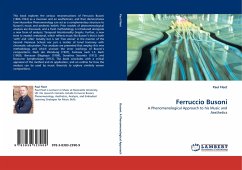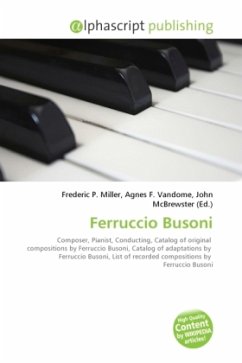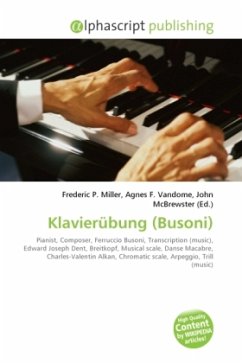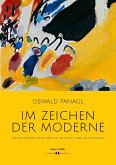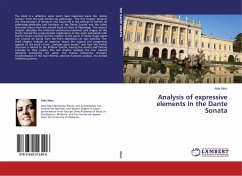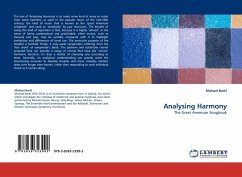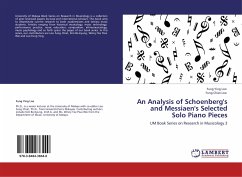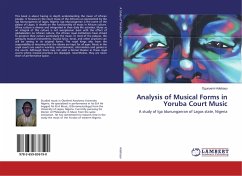This book explores the various reconstructions of Ferruccio Busoni (1866-1924) as a musician and an aesthetician, and then demonstrates how Husserlian Phenomenology can act as a complementary structure to Busoni s music and aesthetic beliefs. Prior models of phenomenological analysis are discussed, and a fresh methodology is introduced alongside a new form of analysis: Temporal Intentionality Graphs. Further, a new term is created, metatonal, which reflects music like Busoni s that is both with and after tonality but is not free atonal in the manner of the Second Viennese School nor just a matter of tonal harmony with chromatic colouration. Five analyses are presented that employ this new methodology and which uncover the inner workings of Busoni s compositions: Nach der Wendung (1907), Fantasia nach J.S. Bach (1909), Berceuse Élégiaque (1909), Sonatina Seconda (1912) and Nocturne Symphonique (1913). The book concludes with a critical appraisal of the method and its application, and an outline for how the analysis can be used by music theorists to explore similarly woven compositions.
Bitte wählen Sie Ihr Anliegen aus.
Rechnungen
Retourenschein anfordern
Bestellstatus
Storno

